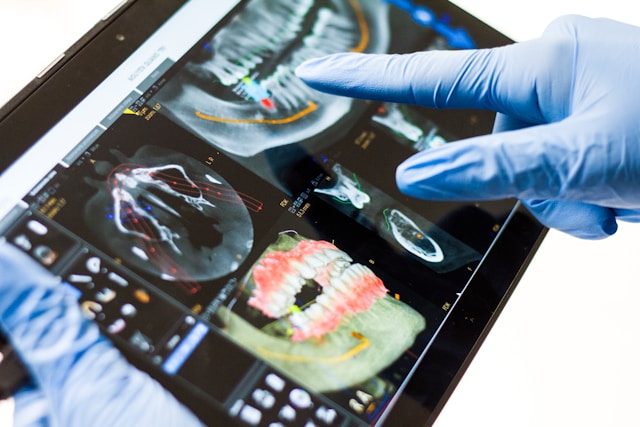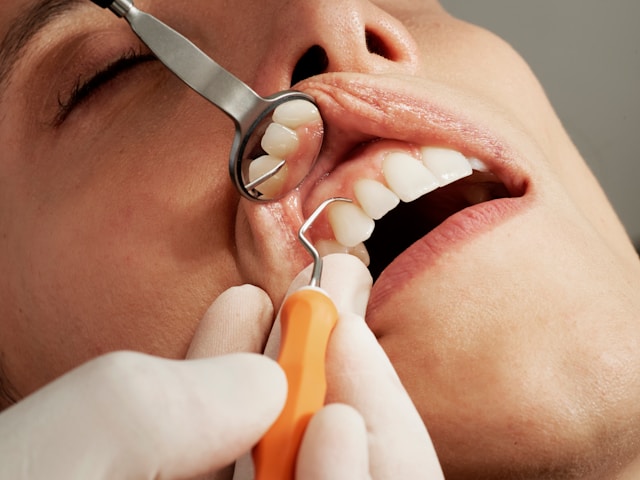When it comes to oral health, wisdom teeth removal is a standard procedure many people undergo. This article will provide comprehensive knowledge about the removal process, recovery, and the benefits of removing your wisdom teeth.
What Are Wisdom Teeth?
Wisdom teeth are the third set of molars that usually appear in your late teens or early twenties. For some, these teeth emerge without any problems. However, wisdom teeth can cause issues such as crowding, misalignment of other teeth, and pain for many others.
Reasons for Wisdom Teeth Removal
Potential for Impaction
Wisdom teeth are often impacted, meaning they do not fully emerge through the gums. This can lead to pain, infection, and other dental issues.
Risk of Infection
Partially erupted wisdom teeth create openings around the teeth that can become a breeding ground for bacteria, leading to infection and gum disease.
Damage to Adjacent Teeth
Wisdom teeth can push against neighboring teeth, causing damage and misalignment.
The Removal Process
Consultation and X-rays
The first step in the removal process is a consultation with a dentist or oral surgeon, who will take X-rays to determine the position of the wisdom teeth and decide the best course of action.
The Surgery
The complexity of the surgery depends on the position and development of the teeth. The procedure typically involves local anesthesia and in some cases, sedation or general anesthesia.
Aftercare
Post-surgery care is crucial for healing. This includes managing swelling with ice packs, eating soft foods, and keeping the area clean to prevent infection.

Recovery and Healing
Immediate Post-Operative Care
Patients are advised to rest and follow specific care instructions to ensure a smooth recovery. This includes avoiding strenuous activity and not disturbing the blood clot over the extraction site.
Pain Management
Pain can be managed with prescribed painkillers or over-the-counter medication, as the dentist recommends.
Long-Term Care
Follow-up appointments are necessary to monitor healing and address any complications, such as dry socket or infection.
Benefits of Removing Wisdom Teeth
Removing wisdom teeth can prevent future dental problems, including crowding, infections, and damage to adjacent teeth. It can also alleviate pain and discomfort associated with impacted teeth.
Choosing the Right Dental Professional
Selecting an experienced and reputable dental professional is crucial for a procedure like wisdom teeth removal. Those seeking expert care in Nevada, consider wisdom teeth removal Las Vegas for skilled and compassionate service.
Table: What to Expect Before, During, and After Wisdom Teeth Removal
| Stage | Description |
| Before Surgery | Consultation and X-rays to assess the teeth’s condition. |
| During Surgery | Removal of wisdom teeth under appropriate anesthesia. |
| After Surgery | Recovery period with specific care instructions for healing. |
Common Questions About Wisdom Teeth Removal
Is the Procedure Painful?
While the surgery itself is not painful due to anesthesia, some discomfort and swelling are expected during recovery.
How Long is the Recovery Period?
Recovery typically takes a few days to a week, depending on the individual’s health and the complexity of the extraction.
Are There Any Risks?
As with any surgery, there are risks such as infection, nerve damage, or dry socket. However, these are rare and can be managed with proper care.
Final Thoughts
Wisdom teeth removal is a common dental procedure with numerous long-term benefits. Understanding the reasons for removal, what the procedure involves, and how to care for yourself post-surgery can help ease any anxieties and prepare you for a smooth recovery. Remember, choosing a qualified dental professional is key to successful outcomes and overall oral health.












Leave a Reply